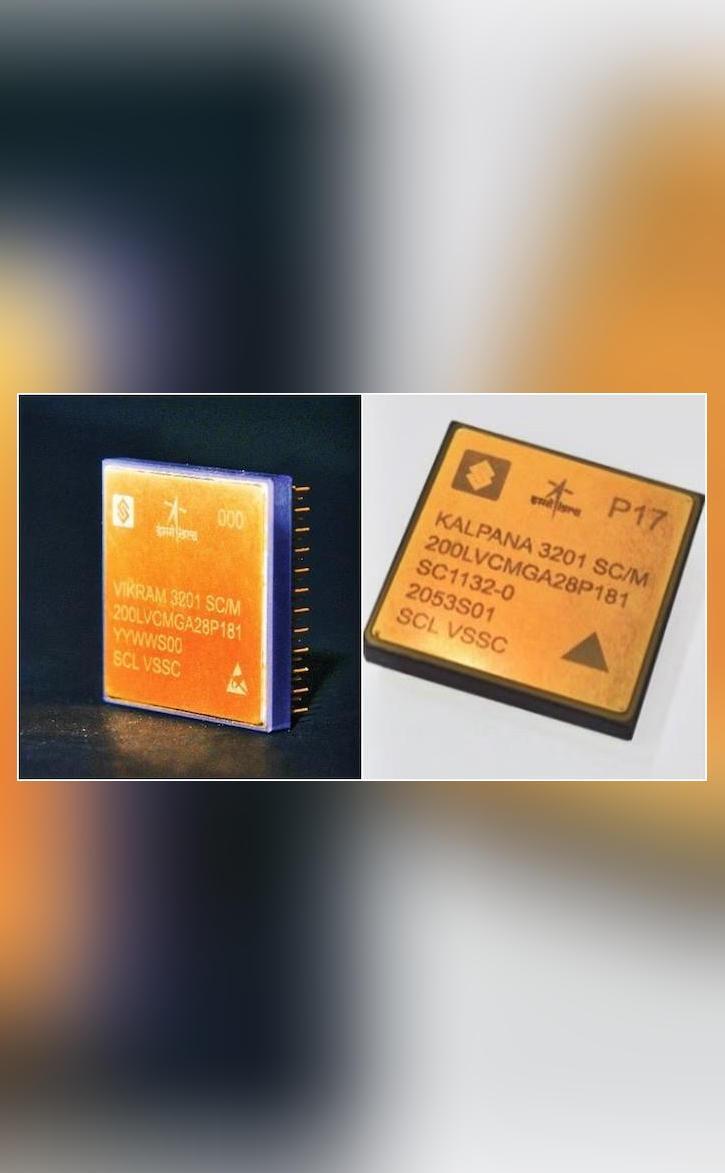
ISRO & SCL Develop 32-bit Microprocessors for Space Applications
The Indian Space Research Organisation (ISRO) and the Semiconductor Laboratory in Chandigarh have made a significant breakthrough in the field of space technology by developing two 32-bit microprocessors, VIKRAM3201 and KALPANA3201. These microprocessors have been designed specifically for space applications, and their development marks a major milestone in India’s quest to become self-sufficient in the production of high-tech components for its space program.
The VIKRAM3201 microprocessor is a remarkable achievement, as it is the first fully “Make-in-India” 32-bit microprocessor that has been qualified for use in the harsh environmental conditions of launch vehicles. This development is a testament to the capabilities of Indian scientists and engineers, who have worked tirelessly to design and develop a microprocessor that meets the stringent requirements of space applications.
The VIKRAM3201 microprocessor is a 32-bit processor that operates at a clock speed of up to 100 MHz. It has a powerful instruction set architecture that enables it to execute complex instructions quickly and efficiently. The processor also features a range of peripherals, including UARTs, SPIs, I2Cs, and timers, which enable it to communicate with other devices and systems.
The KALPANA3201 microprocessor, on the other hand, is a 32-bit processor that operates at a clock speed of up to 200 MHz. It has a high-performance architecture that enables it to execute instructions at a faster rate than the VIKRAM3201. The processor also features a range of advanced peripherals, including Ethernet interfaces, USB interfaces, and SATA interfaces, which enable it to communicate with other devices and systems.
Both the VIKRAM3201 and KALPANA3201 microprocessors have been designed to operate in the harsh environmental conditions of space, where temperatures can range from -150°C to 125°C, and where radiation levels are high. The processors have been tested and qualified for use in launch vehicles, and they have undergone rigorous testing to ensure that they can withstand the extreme conditions of space.
The development of these microprocessors is a significant achievement for ISRO and SCL, as it marks a major step towards India’s goal of becoming self-sufficient in the production of high-tech components for its space program. The use of indigenous microprocessors in Indian space projects will not only reduce dependence on foreign suppliers but also enable India to develop more complex and sophisticated space systems.
The development of the VIKRAM3201 and KALPANA3201 microprocessors is also a testament to the capabilities of Indian scientists and engineers, who have worked tirelessly to design and develop these complex devices. The success of this project is a result of the collaborative effort between ISRO and SCL, and it demonstrates the potential for Indian industry and academia to work together to achieve great things.
The development of these microprocessors is also expected to have a significant impact on the Indian economy, as it will create new opportunities for Indian industry and academia to develop and manufacture high-tech components for the space program. The use of indigenous microprocessors in Indian space projects will also create new jobs and stimulate economic growth.
In conclusion, the development of the VIKRAM3201 and KALPANA3201 microprocessors by ISRO and SCL is a significant achievement for India’s space program, as it marks a major step towards self-sufficiency in the production of high-tech components. The use of indigenous microprocessors in Indian space projects will not only reduce dependence on foreign suppliers but also enable India to develop more complex and sophisticated space systems. This development is a testament to the capabilities of Indian scientists and engineers, and it demonstrates the potential for Indian industry and academia to work together to achieve great things.
Source:






